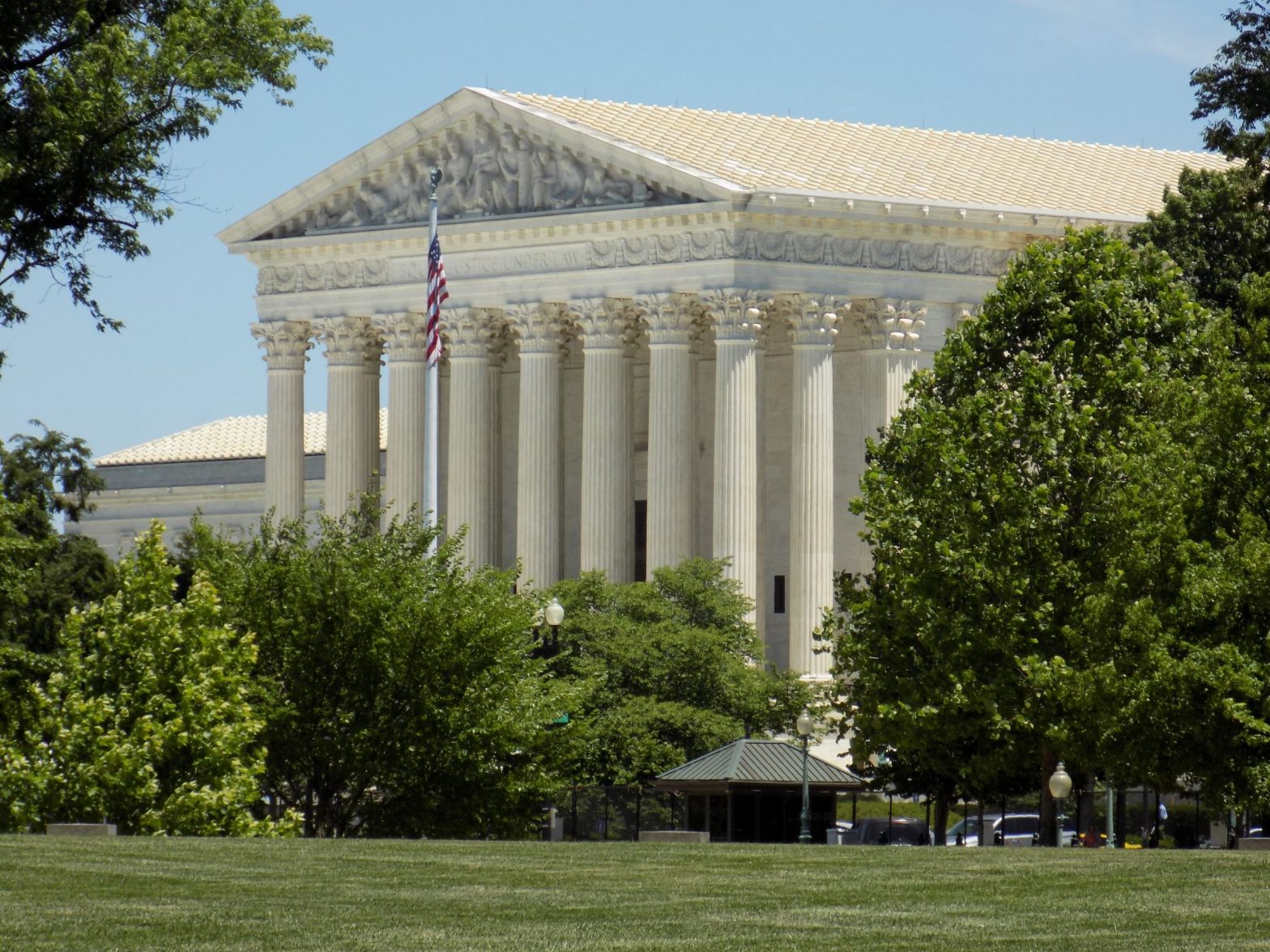Supreme Court Strikes Down New York Anti-Eviction Law

WASHINGTON — Federal courts continued their struggle with state and federal eviction moratoriums in separate rulings Thursday and Friday.
A federal judge in Washington ruled Friday that her “hands are tied” to halt the federal eviction moratorium that the Centers for Disease Control and Prevention extended to Oct. 3.
The judge said the CDC’s moratorium was backed up by a previous appellate court ruling that she could not overturn. Alabama landlords who challenged it plan an appeal.
The Biden administration responded to the Friday ruling with a statement that called the CDC moratorium “a proper use of its lawful authority to protect the public health.”
The statement added, ”The president continues to call on state and local elected officials and judges to issue local eviction moratoriums and move aggressively to distribute the $46.5 billion in emergency rental assistance funds” approved by Congress.
On Thursday, the U.S. Supreme Court granted an injunction blocking enforcement of a New York anti-eviction law in a move that threatens similar laws in other states.
The Court said a provision allowing tenants to self-confirm their pandemic-related hardship to prevent eviction violates landlords’ due process rights.
Until the Supreme Court ruling, New York’s COVID-19 Emergency Eviction and Foreclosure Prevention Act would have allowed most tenants to avoid eviction if they fill out hardship forms.
The Supreme Court’s decision that strikes down the validity of the provision will allow landlords to evict non-paying tenants who completed the forms.
The state law “generally precludes” landlords from contesting hardship claims and therefore denies them a constitutional right to a hearing, the decision said.
“This scheme violates the court’s longstanding teaching that ordinarily ‘no man can be a judge in his own case’ consistent with the due process clause,” the justices wrote in the majority’s opinion.
The ruling comes while the New York State Assembly was preparing to vote on a bill that would have extended the anti-eviction law through the end of October.
New York Lt. Gov. Kathy Hochul, who is scheduled to take over as governor in less than two weeks, wrote in a tweet Thursday night that she looks “forward to working with the Legislature to quickly address the Supreme Court’s decision & strengthen the eviction moratorium legislation.”
She added in a statement, “No New Yorker who has been financially hit or displaced by the pandemic should be forced out of their home.”
However, the Supreme Court’s ruling that invalidates the self-authenticated hardship rule presents big obstacles for Hochul and her supporters.
Justice Stephen Breyer dissented in the ruling. He said the state eviction moratorium did not represent a denial of due process rights for landlords, merely a short-term delay.
He also urged compassion for tenants impoverished by layoffs or business losses as they face a “grave and unpredictable public health crisis.”
“The legislature does not enjoy unlimited discretion,” Breyer wrote. “… but in this case, I would not second-guess politically accountable officials’ determination of how best to ‘guard and protect’ the people of New York.”
More than 830,000 New Yorkers owe back rent, according to researchers at the public policy foundation National Atlas Equity.
Nationwide more than 7.4 million households were behind on rent by the end of June, according to a U.S. Census Bureau survey. Among them, about three million households risk eviction.
This week, the Biden administration continued its push to convince state and local governments to send federal emergency rental assistance to at-risk families. Another part of the effort is an outreach to local courts asking them to inform renters of their rights and to encourage mediation with landlords on payments.
U.S. Attorney General Merrick Garland met with about 35 state chief justices Wednesday to discuss how to avoid an eviction crisis.
























